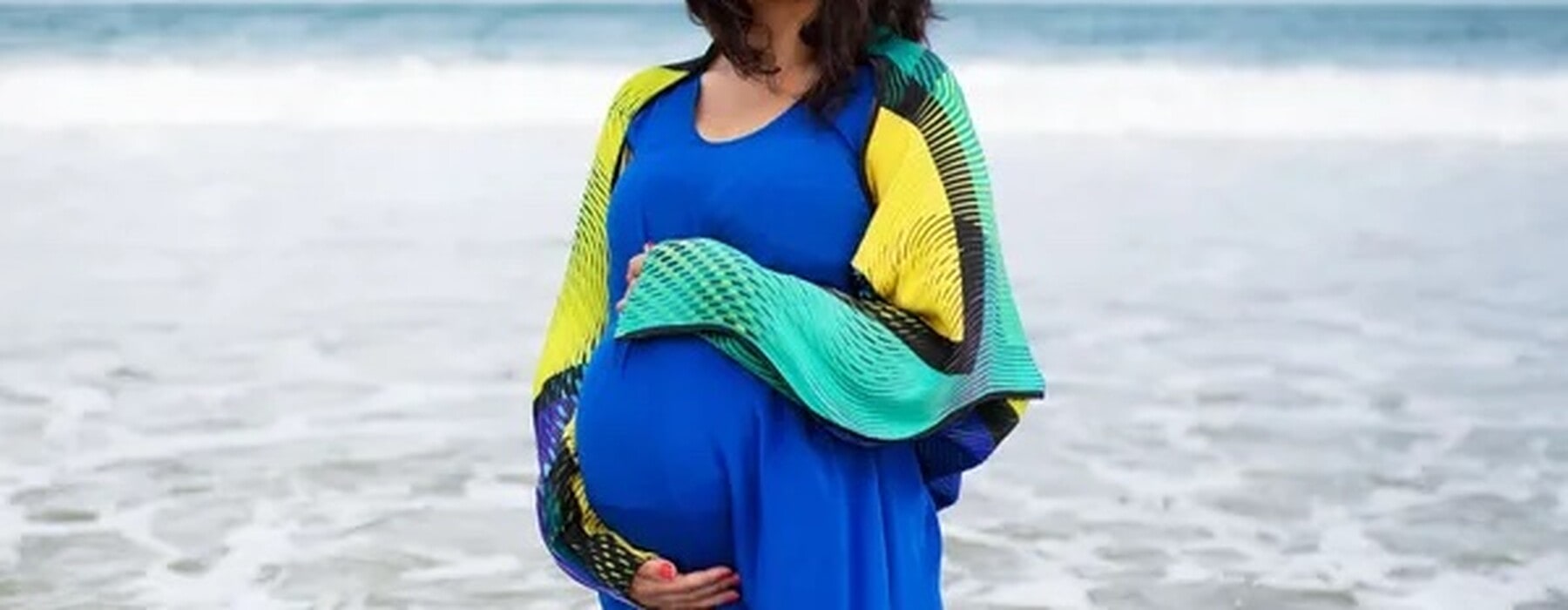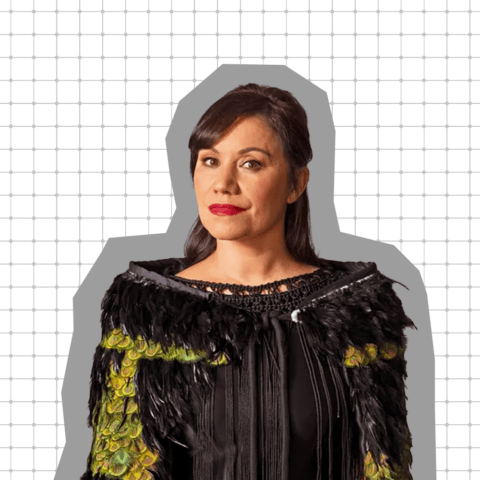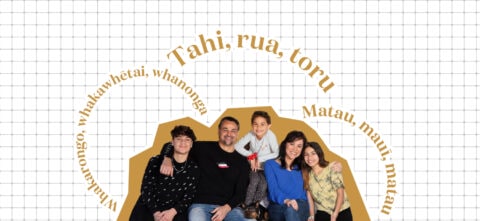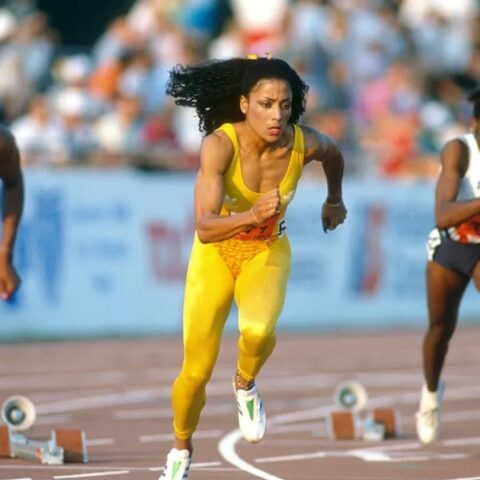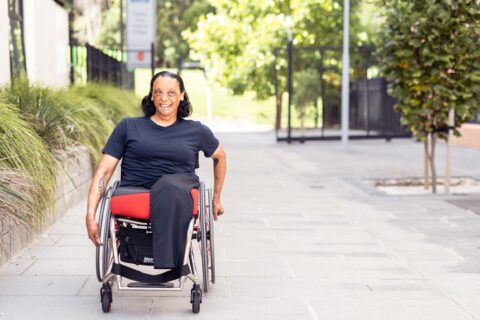Progress is about the people, not the individual, insists Tiana Epati. She talks to Stacey Morrison about change, challenges and championing the next generation.
No matter how remarkable a woman is – and have no doubt that Tiana Epati is remarkable – asking any wahine two weeks away from giving birth to do an interview and photo shoot is a lot. But as Tiana puts it, “I don’t do anything I don’t want to do” – and it’s easy to believe her.
The reason the president of the New Zealand Law Society – and LawFuel’s 2019 Lawyer of the Year – is making time for us is because she is a champion of change; a merchant of hope who knows there are women who need to see what they can be. As the first person of Polynesian descent to hold the role, and the only Law Society president to give birth while in the job, Tiana is also driven by what her lawyer father said when she insisted on following him into the same career:
You must promise you’ll do the best you can, because this profession is too important to be mediocre.
Tiana’s father, A’e’au Semi Epati, was New Zealand’s first Pacific judge, and the impact of his success is not lost on her. “I recognise my own privilege,” says Tiana. “I had a dad who really pushed boundaries and was an incredible role model, so I grew up believing I could do anything because he had broken boundaries himself. There was never any question I was going to university, whereas that isn’t a given for many Māori and Pacific people, or those who grow up in poverty.”
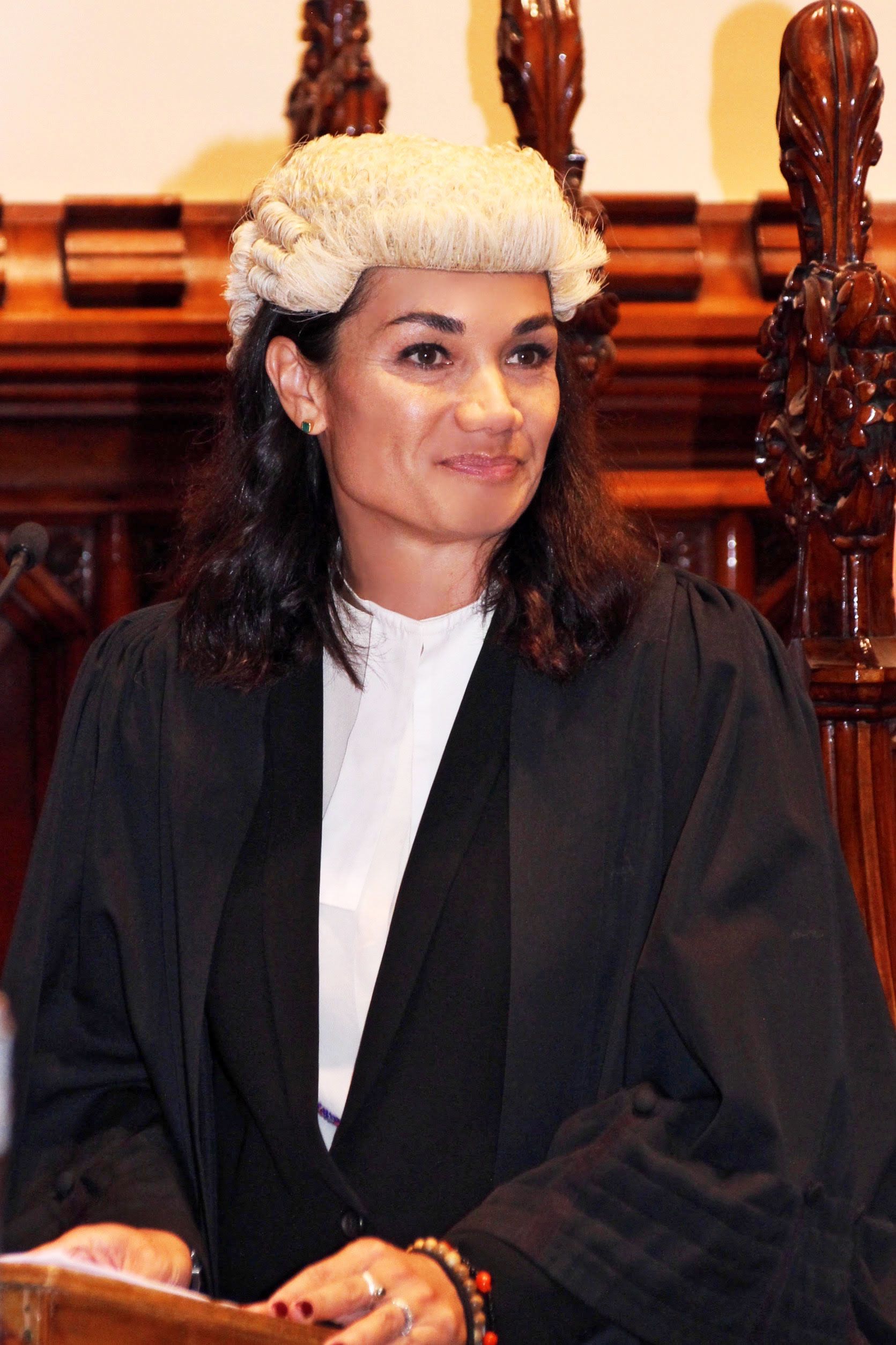
Tiana has instigated an independent review of the Law Society statutory framework to ensure complaints of unacceptable behaviour can be dealt with effectively in the profession.
The 44-year-old is careful about being held up as a shining example of glass ceilings being broken for women of colour, or as an indicator that true change has been achieved.
If I’m the only one and there’s no pipeline created for other women to come through, it wouldn’t be enough to be an example.
She sees danger in the tendency to hold up individual merit of people of colour, “because you start to get into that Oprah Winfrey, Barack Obama trope of ‘It’s so much better when you earn it on merit, you just have to work harder,’ as opposed to tackling structural and institutional racism.”
Tiana, who is mum to Umuariki, 13, and Kuraunuhia, nine, credits allies who helped her get elected to lead the Law Society. “We always say don’t judge a book by its cover, and that includes middle-aged white men.”
A man who fitted that mould and was thought to be the next in line for the role stepped aside, saying to Tiana, “If you don’t run, I will. But it should be you.” He remained a support to ensure she became the first Gisborne lawyer to hold the role. She jokes that man is “one of the biggest intersectional feminists I know!” and personifies a good ally.
“A good ally is completely selfless, doesn’t centre themselves, doesn’t seek credit for themselves, knows when it’s time to be quiet, but also knows when it’s time to be loud on someone’s behalf,” Tiana says. Understanding when it’s time to be loud, to say things that others don’t want to or can’t say, appears to be a unique strength Tiana possesses.
In her speech at Parliament this year for International Women’s Day, she spoke to the invisibility of certain women in discussions of equality and pay equity. She pointed out the gender pay gap for Māori women is about double the overall gender pay gap of 9.3 percent, and for Pacific women in the public sector the pay gap is a staggering 25.6 percent. As bad as these statistics are, Tiana said at least a measurement for Māori and Pacific women exists.
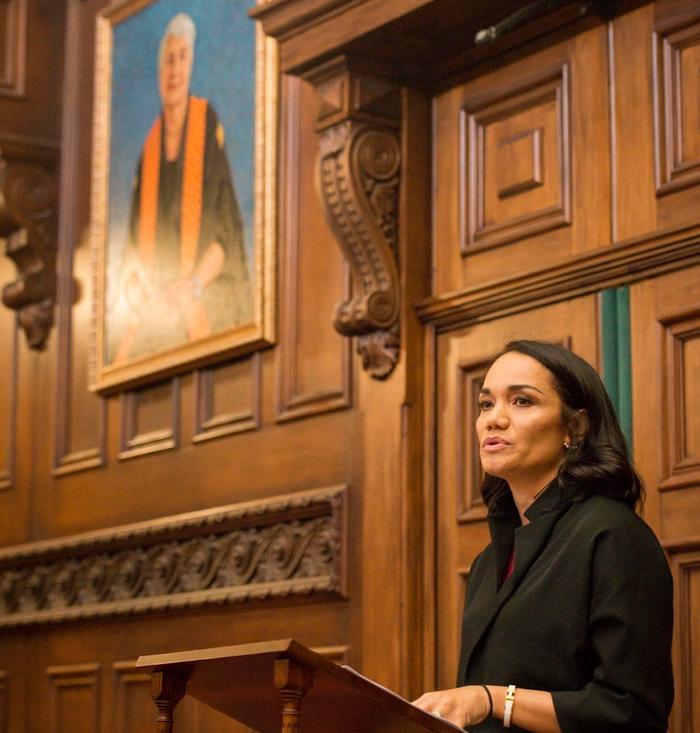
A disappointing “lack of data” means it’s even harder to express the inequalities of pay and employment when it comes to women who have a disability. Disability Rights Commissioner Paula Tesoriero thanked Tiana personally for pointing out this inequity and posted a recording of the speech onto her Facebook page.
Tiana believes the first step of allyship is to understand you have privilege – for instance, the privilege of her public-facing position – and knowing if we can lift up others, we all gain. “Sometimes you’re going to have to give up your place on a panel because you can see it’s the same old, same old,” she explains.
Her own reaction to being named Lawyer of the Year was, “Oh, you should choose someone else,” because she was already in a very public role. But they insisted, because of the fresh voice of leadership she brought and the positive impact she’d had in a tumultuous time.
When Tiana was elected, New Zealand’s legal sector had been on a painful journey in the previous 18 months. She addressed the collective shame of evidence that bullying, sexual harassment, assault, discrimination and a culture of exploiting staff, particularly junior staff, was widespread.
The news had broken initially with the focus on one large law firm, and the link to the #metoo movement. So the issue was firstly framed as violence against young women in large law firms, and particularly young, attractive Pākehā women. This was of course a critical issue and needed urgent addressing, but it was not the only issue.
As Tiana does, she analysed the issue further, pushed harder, saying the initial focus was too narrow, which risked letting many members of the legal profession off the hook. She urged the profession to see that injustice was happening “and we must stand together and address it at all levels, and with all affected groups and individuals”.
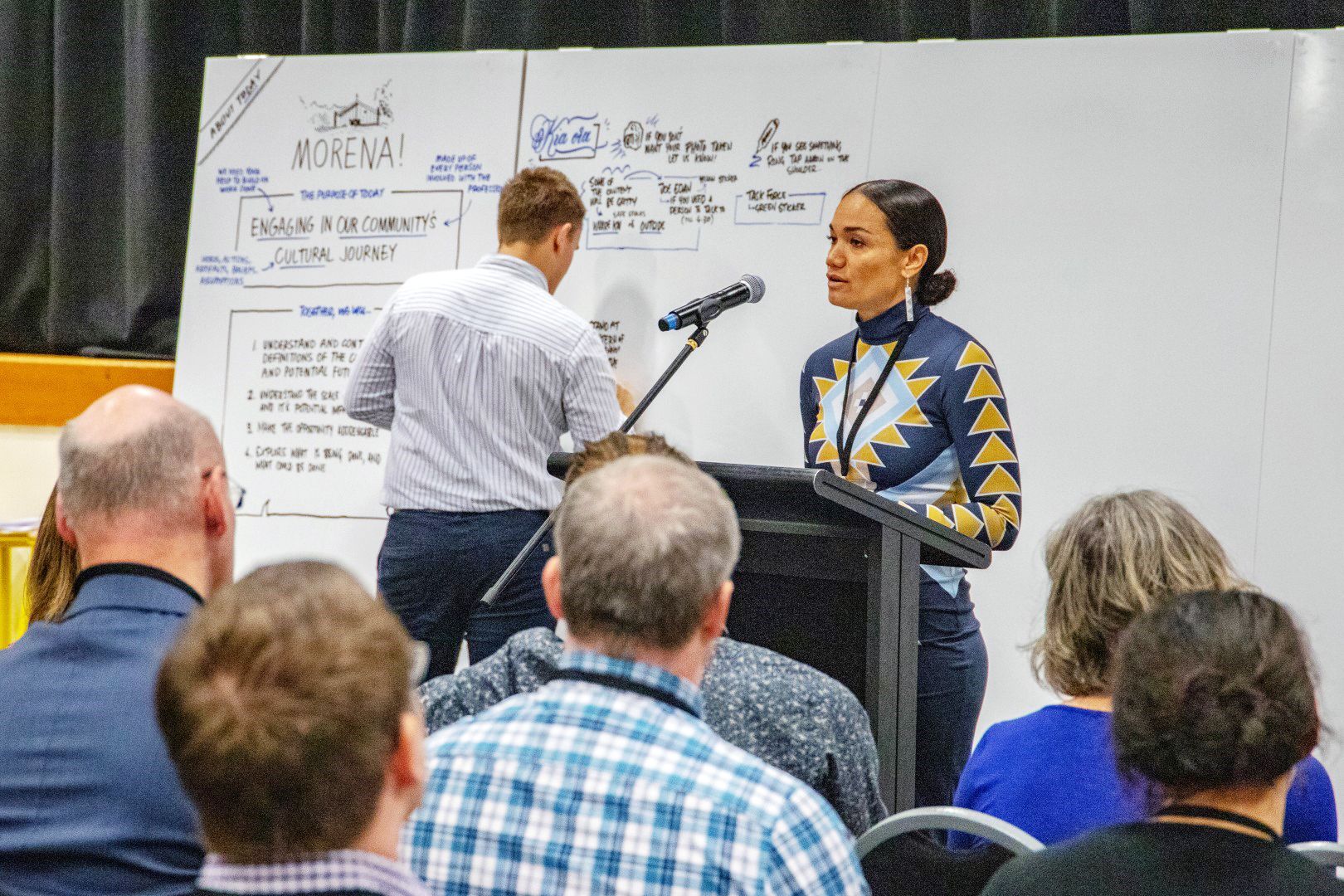
A survey confirmed one in three women working in law will experience sexual harassment over the course of their entire career. That statistic was widely reported, but there had been other elements of the issue that weren’t publicised. “We’d learnt all these things, that poor mental health in a workplace had a direct impact on behaviour and that Asian, Māori and Pacific lawyers experienced a much higher rate of sexual harassment and bullying.” Tiana thought, “Finally we’re also going to talk about race” – but it never happened.
She has been targeted with harassment and abuse herself. “I’ve experienced all kinds, but the most traumatic has been the racism. It doesn’t stop. I remember turning up to Parliament and they immediately regarded my advisor as the president and me as the P.A.”
Believe it or not, the Law Society presidency is only a part-time role, but Tiana’s appointment has changed the game. She is inundated with speaking requests, no doubt because public speaking is seemingly another of her superpowers.
Yet she has to keep up being a criminal lawyer, as she has for 20 years, most recently appearing in the Supreme Court at seven and a half months pregnant. “Don’t think this is me trying to be an irritating overachiever so much as ensuring I meet my obligations as a partner in a law firm.”
That firm is in her beloved Gisborne, and although her skateboarding and surfing has been curbed by this pregnancy, not much else has been. She will continue as president, and although the Law Society constitution doesn’t allow for parental leave, her doctor insisted it happen and she and her team have found creative ways of ensuring she can continue in the role.
At 44, Tiana was given a 50-50 chance of her pregnancy continuing and had to have scans during Level 4 lockdown – in full PPE. “It was terrifying,” admits Tiana, whose husband Matanuku Mahuika is also a lawyer. “I credit my husband and kids for being understanding.”
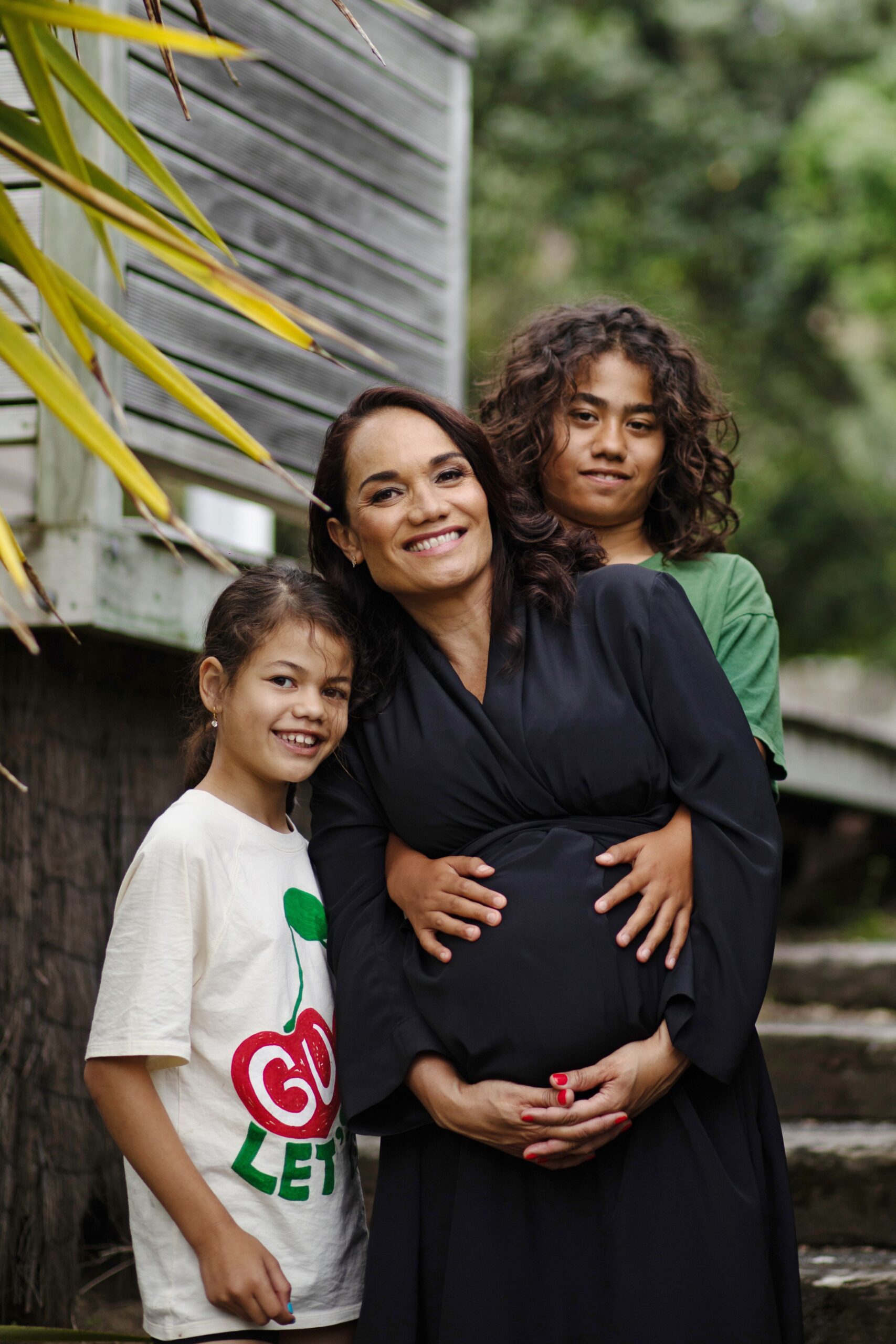
She also values the close friends and colleagues who support her. It helps that the Minister of Justice and Chief Justice “can’t wait to see the baby” and her environment includes many mothers.
Our prime minister has definitely made it easier for me to do this role while being pregnant. Nothing has had more of an impact than her having a baby while prime minister and going on to do incredible things.
“But we can’t all be her. We can’t all have a baby and have six weeks off and be amazing. That isn’t even what everyone wants to do.”
There is much more that Tiana wants to do, but becoming a judge is not necessarily on that list. She argued with a journalist who insisted that role was inevitable, saying, “You have to, you’re the great hope!”
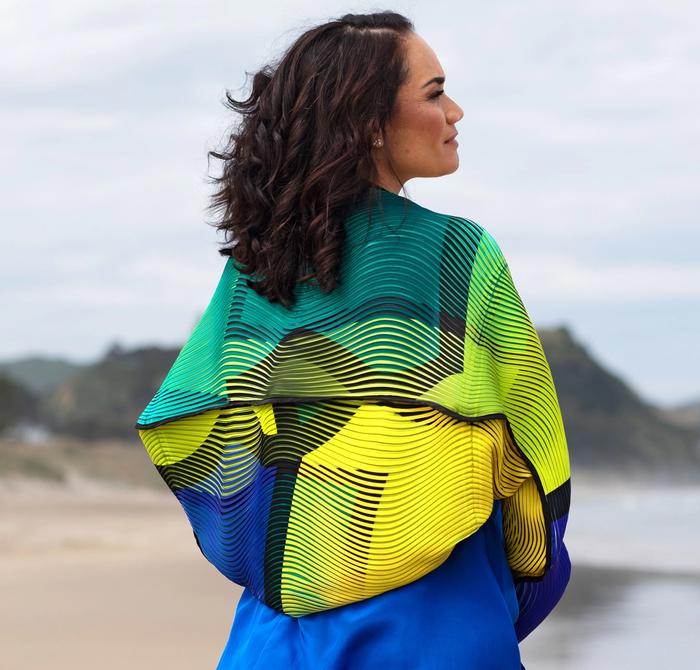
But Tiana’s focused on structural change, making pathways for more women to come through, inclusivity born of respect and recognition, and bridging gaps between generations and cultures. Her ambition is for collective success more than her own.
It won’t mean anything if all it was is that one time we had that brown girl as president. There has to be more.

